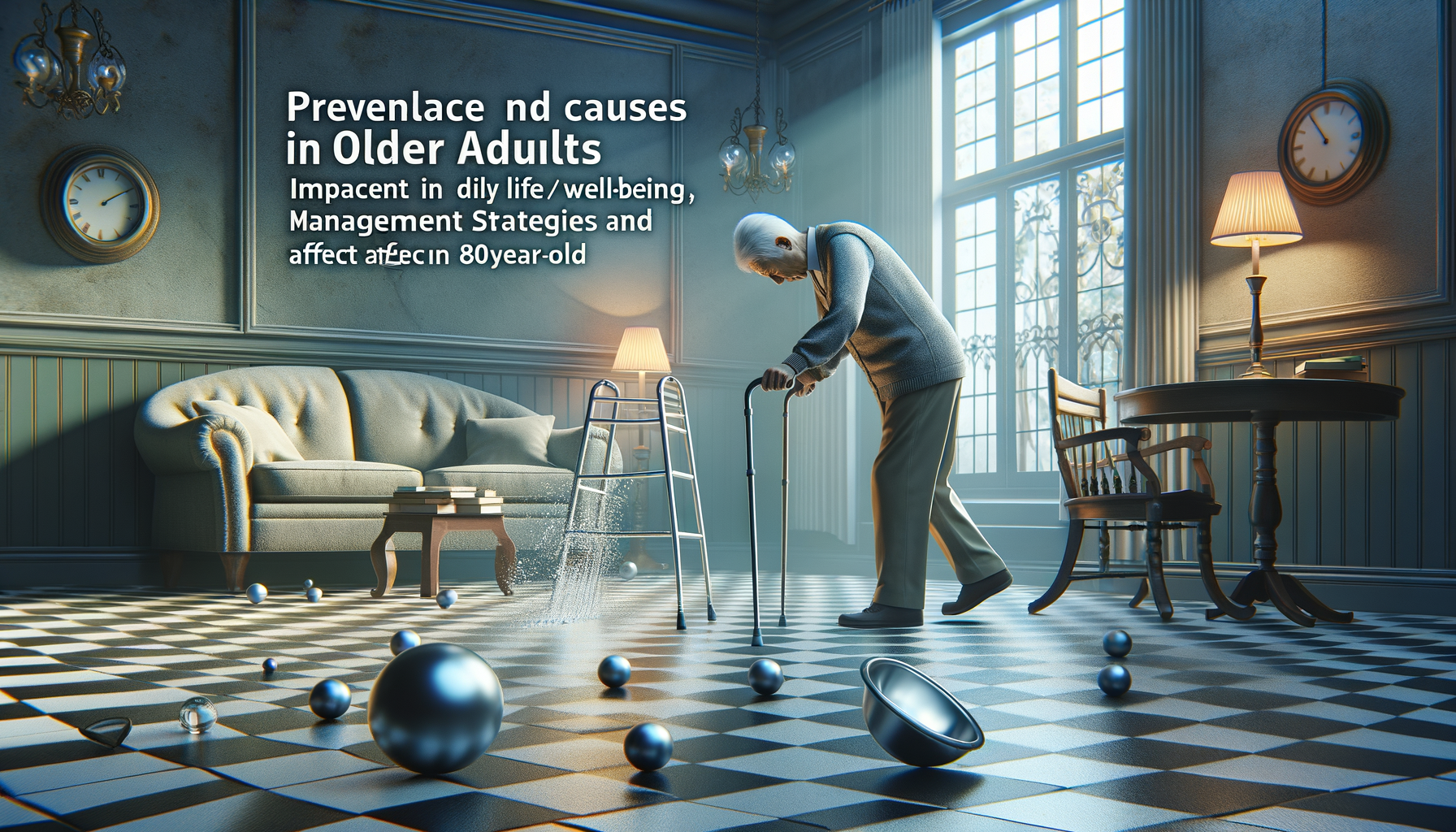How Dizziness Can Affect An 80-Year-Old
Could a simple feeling of lightheadedness be something more significant for an individual in their eighties? Exploring the potential impact of dizziness on an older adult reveals a range of considerations. Understanding these possibilities can offer valuable insight into the experiences of this age group.

Prevalence and Causes in Older Adults
Dizziness is a common complaint among older adults, with studies indicating that nearly 30% of individuals over the age of 65 experience some form of dizziness. This prevalence increases with age, making it a significant concern for those in their eighties. The causes of dizziness in older adults are numerous and often multifactorial. Common causes include age-related changes in the inner ear, cardiovascular conditions, neurological disorders, and medication side effects.
Age-related changes in the vestibular system, which is responsible for balance, can lead to dizziness. As people age, the structures in the ear that help maintain balance may degenerate, leading to a sense of imbalance or vertigo. Cardiovascular issues such as arrhythmias or orthostatic hypotension, where blood pressure drops significantly upon standing, can also contribute to dizziness. Neurological disorders like Parkinson’s disease or even mild cognitive impairment can affect balance and spatial orientation, exacerbating feelings of dizziness.
Medications are another common culprit. Many older adults take multiple medications, some of which can cause dizziness as a side effect. These might include blood pressure medications, sedatives, or antidepressants. It’s crucial for healthcare providers to review medications regularly to manage these side effects effectively.
Impact on Daily Life and Well-being
The impact of dizziness on daily life and well-being in older adults can be profound. Dizziness can lead to a fear of falling, which may cause individuals to limit their physical activities. This reduction in activity can lead to muscle weakness, decreased mobility, and an overall decline in physical health. Additionally, the psychological impact of dizziness should not be underestimated. It can lead to anxiety, depression, and social isolation as individuals may avoid social interactions due to fear of an episode occurring in public.
Falls are a significant concern, as they can lead to serious injuries such as fractures or head trauma. The risk of falls and the associated injuries can result in increased healthcare costs, prolonged hospital stays, and a need for rehabilitation services. Moreover, the fear of falling again can create a vicious cycle, where the individual becomes more sedentary, further increasing the risk of falls.
Addressing the impact of dizziness on well-being involves a comprehensive approach that considers both physical and mental health. Encouraging safe physical activity, providing psychological support, and ensuring regular medical check-ups can help mitigate these effects.
Management Strategies and Fall Prevention
Managing dizziness in older adults requires a multifaceted approach. One of the key strategies is to identify and address the underlying causes. This may involve adjusting medications, treating cardiovascular conditions, or providing physical therapy to improve balance and strength. Vestibular rehabilitation therapy, which involves exercises to improve balance and reduce dizziness, can be particularly beneficial.
Fall prevention is a critical component of managing dizziness. This includes home modifications to reduce fall risks, such as removing tripping hazards, installing grab bars in bathrooms, and ensuring adequate lighting. Use of assistive devices like canes or walkers can also provide additional support and confidence.
Education plays a vital role in management. Teaching older adults about the importance of hydration, proper nutrition, and regular exercise can help maintain overall health and reduce dizziness episodes. Encouraging regular vision and hearing checks can also be beneficial, as impairments in these areas can contribute to balance issues.
Ultimately, a proactive approach that combines medical management, lifestyle modifications, and education can significantly improve the quality of life for older adults experiencing dizziness.